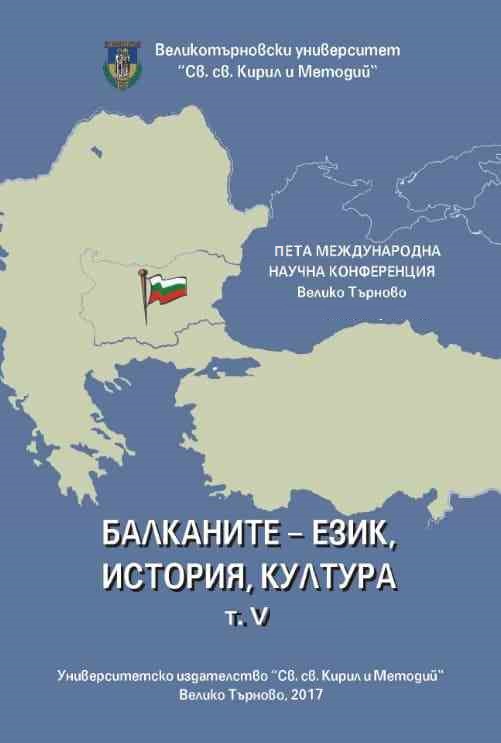Бащите на Търновската конституция – духовниците между политиката и религията
The Fathers of the Tarnovo Constitution: The Clergy between Politics and Religion
Author(s): Milko PalangurskiSubject(s): Christian Theology and Religion, History, Military history, Political history, Modern Age, Special Historiographies:, Theology and Religion, 19th Century, Between Berlin Congress and WW I, Eastern Orthodoxy
Published by: Великотърновски университет „Св. св. Кирил и Методий”
Keywords: secularization; Orthodoxy; high clergy; priests
Summary/Abstract: According to the 1878 Berlin Treaty, the Bulgarian state is a constitutional monarchy. The establishment of the Organic Statute was entrusted to the Constituent Assembly summoned by the Provisional Russian Administration. The leaders of the Bulgarian Orthodox Exarchate, as well as representatives of the Ecumenical Patriarch, the Muslims and the Jews, occupied a special place in this task. The forefront of the meeting was given to the priests due to their great influence in forming the Bulgarian society. Their educational background was related to two of the most conservative structures of the nineteenth century – the Russian theological educational institutions and the Patriarchate in Istanbul. Their careers in the religious institutions of the Ecumenical Patriarchate defined them as followers of century old canonical rules, thus their inability to become a part of the progress. All this, plus their important role as teachers, writers and spiritual leaders, took them to the conservative sector of the gathering. They failed to enforce their vision for the constitutional arrangements, thereby creating conditions for reducing their role in the future political life of the country. For a very short period of time, a “political secularization” took place and all of the religious communities were removed from the political scene.
Journal: Балканите – език, история, култура
- Issue Year: 5/2017
- Issue No: 1
- Page Range: 293-309
- Page Count: 17
- Language: English, Bulgarian

